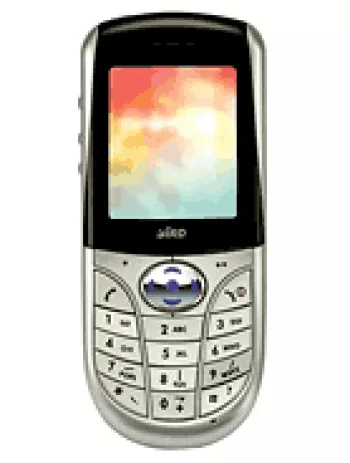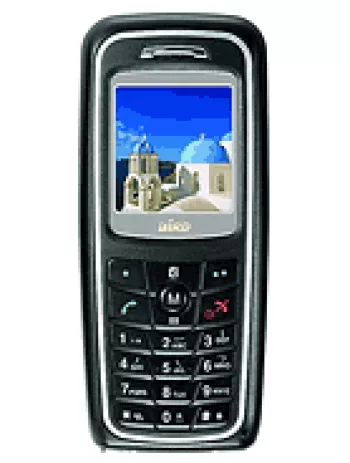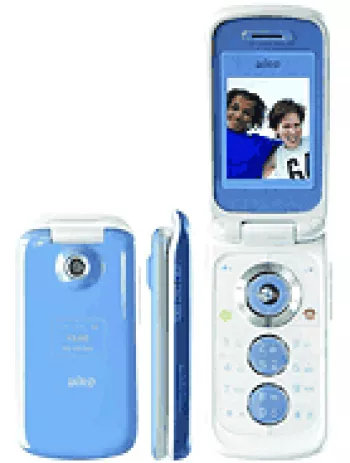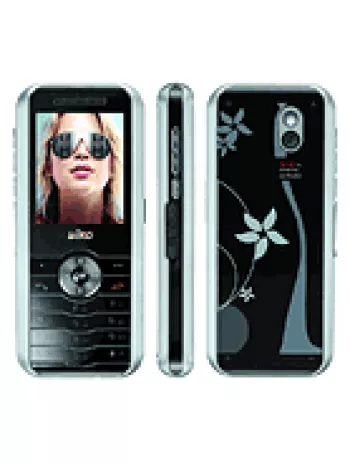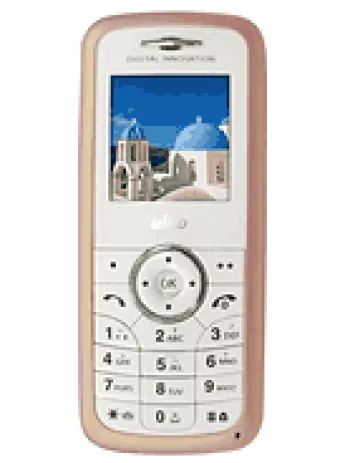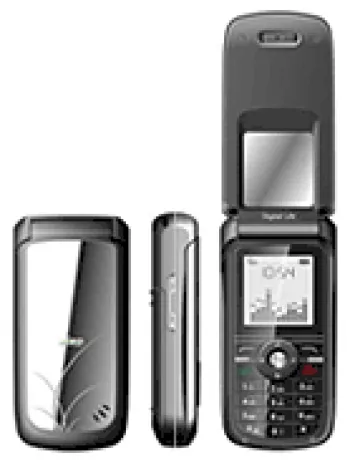
Overview of Bird S288 Plus
The Bird S288 Plus was an intriguing device in the early 2000s, representing a line of feature phones that were designed to provide basic communication needs without the complexity of modern smartphones. Although discontinued, this device remains a notable example of transitional mobile technology that offered durability and simplicity. Released in the third quarter of 2003, the Bird S288 Plus captured a segment of the market that prioritized function over form.
Design and Build
The Bird S288 Plus was compact and lightweight, making it easy to carry and operate. Its dimensions were 103 x 44 x 12 mm, and it weighed only 65 grams. The design incorporated a monoblock form factor complete with rubber keys that provided a tactile feel. Available in three colors - Blue, Red, and Grey - the device had a straightforward design that was utilitarian but effective.
Display
This device featured a CSTN mono display capable of showing 112 x 80 pixels. The display technology was of its time, providing enough clarity for basic functions like reading SMS messages and navigating through the phone's menu. Although primitive compared to today’s standards, for a feature phone of its era, it served its intended purpose well.
Network and Connectivity
Supporting GSM technology, the Bird S288 Plus operated on 2G bands, specifically GSM 900 / 1800. This limitation to 2G connectivity meant the phone was primarily used for voice calls and SMS. It lacked any data capabilities like GPRS or EDGE, emphasizing its role as a communication-centric device.
Memory and Storage
The phone was furnished with a memory setup that was typical for its time. It did not include a card slot for expandable storage, but it contained an internal phonebook capable of storing up to 300 entries. The call records could accommodate 20 dialed, 20 received, and 20 missed calls. This limited memory functionality was still sufficient for daily communication needs.
Battery and Power
The Bird S288 Plus was powered by a removable Li-Ion battery with a modest capacity of 670mAh. While this might seem minimal, it was quite adequate considering the device's limited power consumption. Users appreciated the longevity of a single charge, which could last several days due to the uncomplicated hardware and software.
Sound and Alerts
In terms of auditory features, the phone did not include a loudspeaker or a 3.5mm audio jack. Its alert types consisted of vibration and monophonic ringtones only. This simplicity in sound options reflected the device's primary function for basic communications rather than multimedia entertainment.
Communication Features
Communications were limited to SMS messaging, with no support for Email or IM services. This limitation suited the phone’s role as a voice communication device. The lack of advanced connectivity options like Bluetooth, WLAN, positioning, or FM radio highlighted its role as a pure communication tool.
Additional Features
Despite its simplicity, the Bird S288 Plus provided a few extras that amused its users. It came pre-loaded with games, quite an attraction at the time. However, there was no support for Java applications, further limiting the scope of additional functionalities. The device also lacked sensors commonly found in modern phones, again underscoring its utilitarian focus.
Market Position and Legacy
Coming towards the end of the flip phone and simple candy bar era, the Bird S288 Plus was a modest device that didn’t attempt to break new ground with technological innovations. Instead, it provided what the average user needed: a reliable method of staying connected through calls and text messages. Discontinued shortly after its release, the phone became part of a generation of transitional mobile technology paving the way to more advanced options.
Conclusion
The Bird S288 Plus remains a delightful callback to a period when phones were simple and focused on essentials. It represents a slice of mobile phone history that prioritizes durability and ease of use over the multifaceted capabilities we expect in modern devices. With its straightforward features and robust construction, it still finds nostalgia among phone enthusiasts who recall the simpler tech eras.
Key Features of Bird S288 Plus
- Lightweight design, weighing only 65 grams (2.29 oz).
- Compact dimensions of 103 x 44 x 12 mm (4.06 x 1.73 x 0.47 in).
- GSM support with 2G bands (GSM 900 / 1800).
- Capacity to store up to 300 phonebook entries.
- Call records feature, with storage for 20 dialed, 20 received, and 20 missed calls.
- CSTN monochrome display with a resolution of 112 x 80 pixels.
- Available in three color options: Blue, Red, and Grey.
- Comes with built-in games for entertainment.
- Removable Li-Ion battery for ease of replacement.
- Supports SMS messaging.
Disadvantages of the Bird S288 Plus
- Limited to GSM technology, with no support for GPRS or EDGE.
- Discontinued status, making it difficult to find support and updates.
- No GPRS or EDGE for mobile data connectivity.
- Monochrome CSTN display with low resolution (112 x 80 pixels).
- Limited memory with no card slot for expansion.
- Absence of a camera.
- Limited sound features with no loudspeaker and no 3.5mm audio jack.
- No support for WLAN, Bluetooth, or any positioning system.
- Lack of a built-in radio.
- Support for SMS but no advanced messaging features.
- No Java support for additional applications and functionalities.

View Also
More Phones
All Rights Reserved +14267 Phones © Mobilawy 2025














